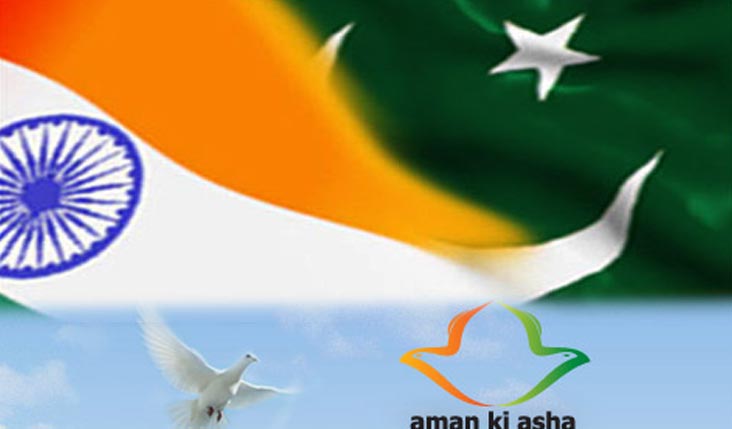By Myra Imran
Islamabad: Instead of acting like adversaries with two different sets of views, Pakistan and India need to focus on common problems, common ambitions and common dreams for a better future of not only the two countries but also for the progress of Asia as a region.
This was stated by Dr Humayun Khan, a distinguished bureaucrat, former foreign secretary and Ambassador to India and a committed supporter of Pakistan-India peace process in his talk on ‘Pakistan-India relations and the need to stay engaged in peace talks to find a way forward.’
He said that the 21st century is the Asian century provided Asia can get together. “The turbulent South Asia is the biggest block in way of united Asia,” he said adding that South Asia can get the benefits of this resurgence only if it succeeds in building bridges for the progress of all.
Talking to The News, he termed ‘Aman Ki Asha’ a wonderful initiative of two important media groups and said that positive and constructive role of the media is a key factor in establishing peaceful relationship between India and Pakistan. “In the past, the media on both sides was never supportive of the idea of building peaceful relationship between the two countries.”
Since media enjoys great influence on public opinion and policy-making, he suggested that it should publicise more positive and less inflammatory approach to promote friendship between the two countries. “This initiative is a very positive development and can play a vital role in easing the environment of distrust between the two countries.”
“People-to-people contact can change things only if civil society in Pakistan gets organised to exert itself as a pillar of state,” he pointed out, adding that if civil society becomes united, many issues can be solved.
He said that both India and Pakistan are afraid that the other country will violate the Indus Water Treaty. “Problem is shortage of water that is affecting the whole region and there is a need for stronger cooperation for water preservation and development of water resources but mutual distrust makes it difficult to work on a more imaginative solution to tackle the situation in a more responsible way,” he said.








